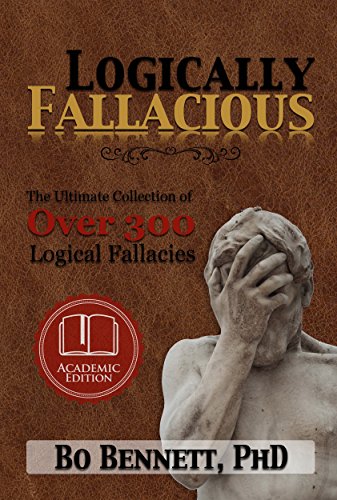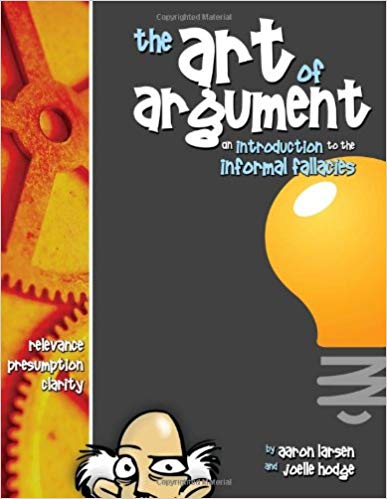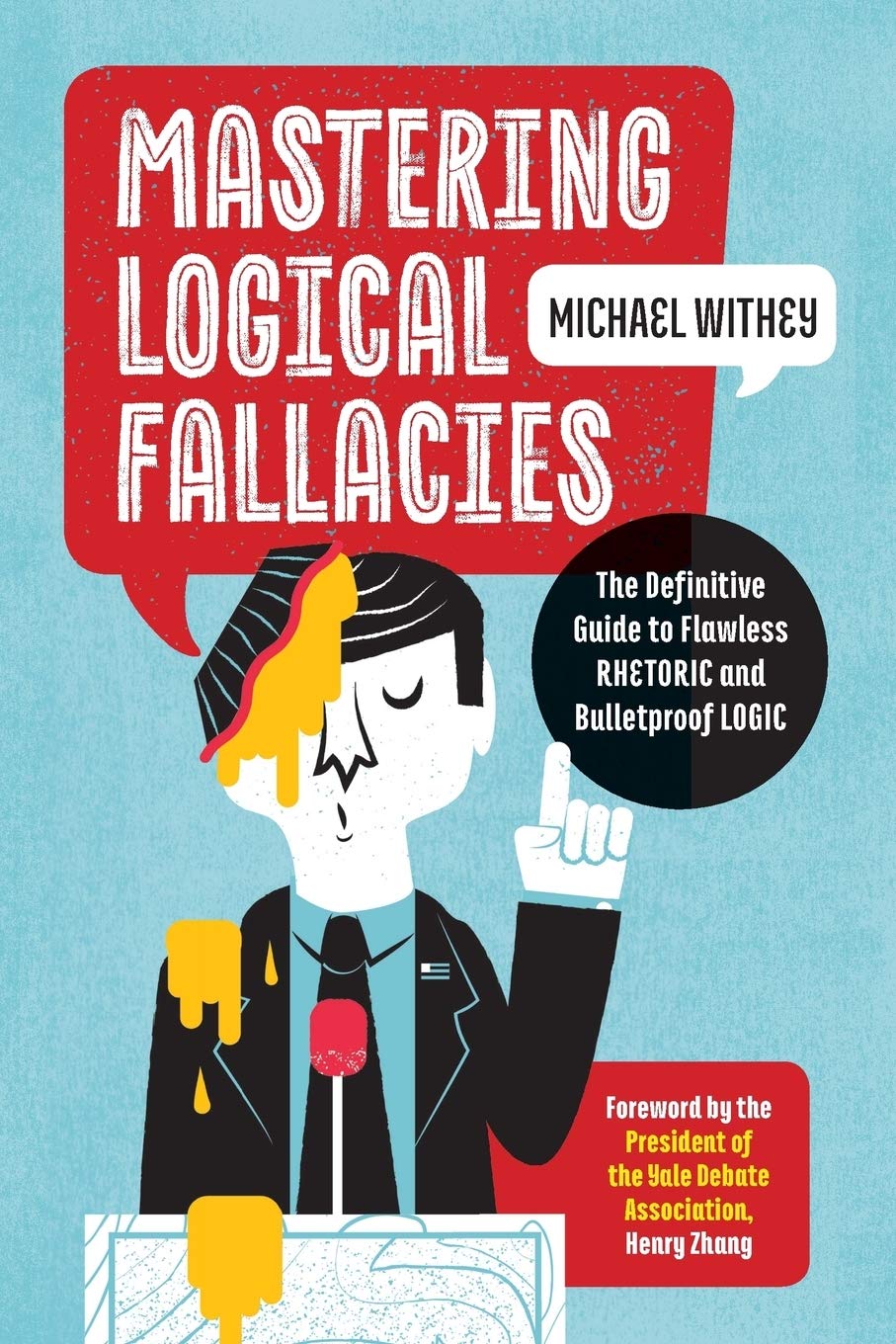
Ignoratio Elenchi
Also called Irrelevant Conclusion, the ignoratio elenchi fallacy reaches a relevant conclusion but misses the point. Though the claims and conclusion may be logically valid, they do not address the point in question.
Example of Ignoratio Elenchi
- Hippos can't be dangerous to humans, because they are so calm and look so cute.
Proving an irrelevant conclusion. Also interesting to note, that of all animals, hippos cause the highest number of human deaths in Africa. - The President's policies on healthcare may be popular, but he is secretly a Nazi and should probably be investigated.
The tax policy and whether or not the president is a Nazi have nothing to do with one another.
Alternative Name: Irrelevant Conclusion

Books About Logical Fallacies
A few books to help you get a real handle on logical fallacies.





Ignoratio ElenchiExtended Explanation
Ignoratio elenchi, also known as the "€śirrelevant conclusion"€ť fallacy, is a logical error in which an argument is made in response to a question or statement that does not address the issue at hand. This fallacy is often used in debate to deflect an opponent’s point without actually providing a valid counter-argument. Ignoratio elenchi typically takes the form of a person providing a response that is wholly unrelated to the original question or statement, and is thus considered a logical fallacy.
Ignoratio elenchi can be seen in many different forms. For example, if someone asked a question such as “What can we do to reduce emissions?”, and the response was “We should invest more in renewable energy sources”, then this would be an example of an ignoratio elenchi fallacy. While investing in renewable energy sources is certainly a beneficial idea, it does not directly address the question of how to reduce emissions, and so is considered an irrelevant conclusion.
The ignoratio elenchi fallacy is often used to distract from a conversation or to avoid having to discuss a difficult or uncomfortable topic. It is also used to divert attention away from the original point, and instead focus on a different point that is more convenient or favorable to the speaker. This type of fallacy is especially common in political debates and discussions, as it allows someone to avoid having to answer a difficult question or provide a valid counter-argument.
The ignoratio elenchi fallacy is often used as a way to skirt the issue or avoid giving a real answer. It is important to recognize this fallacy when it is used, as it can lead to a conversation that does not actually address the underlying issue. By recognizing this fallacy and calling it out when it is used, we can help ensure that conversations are productive and that the original issue is properly discussed.